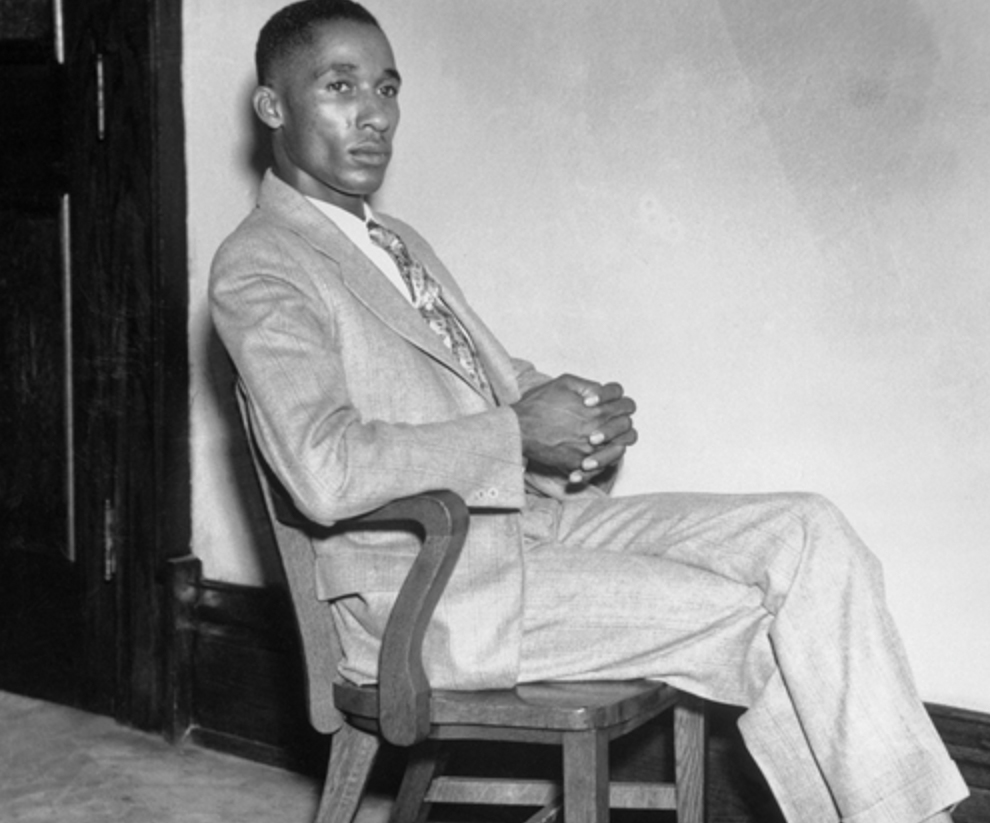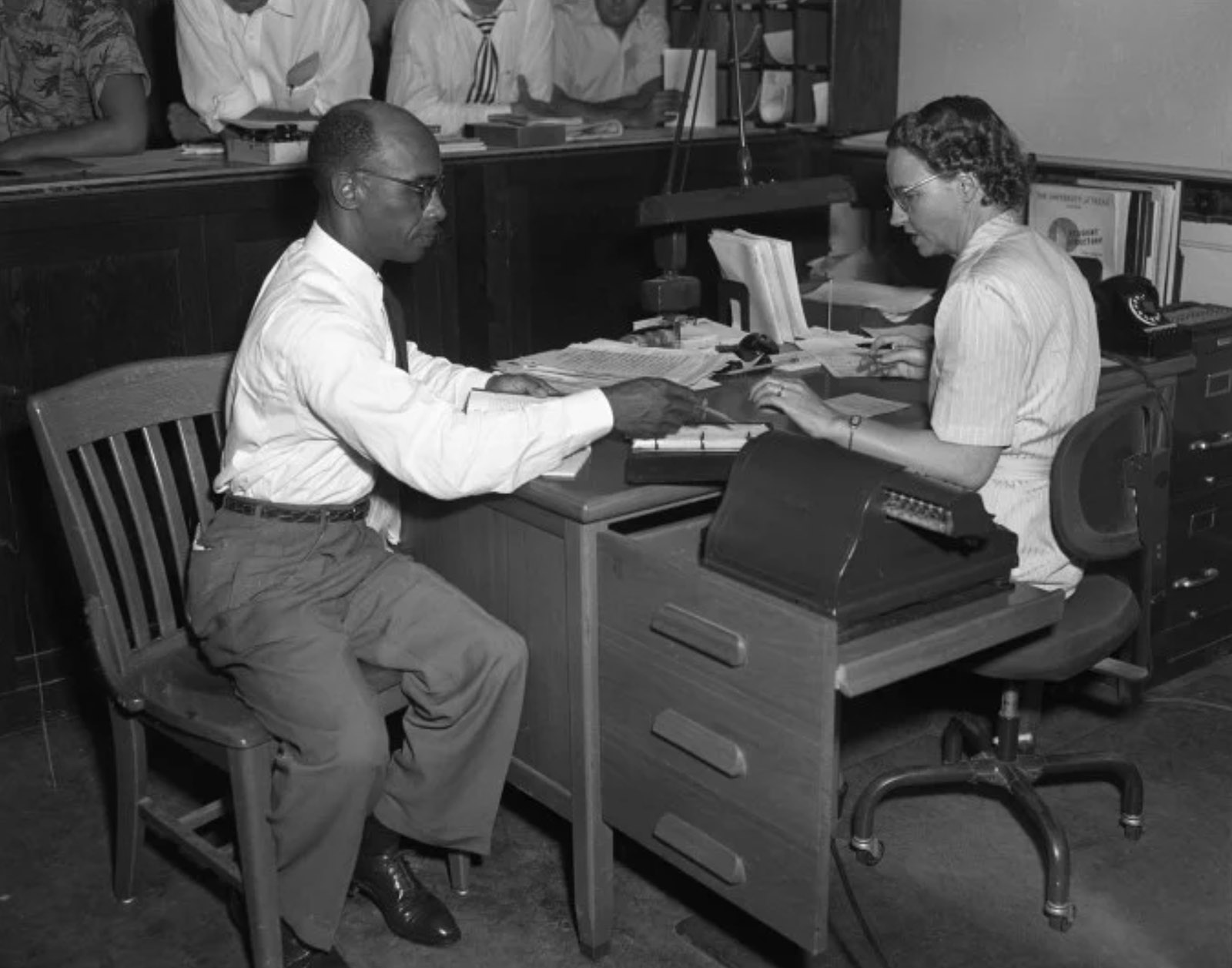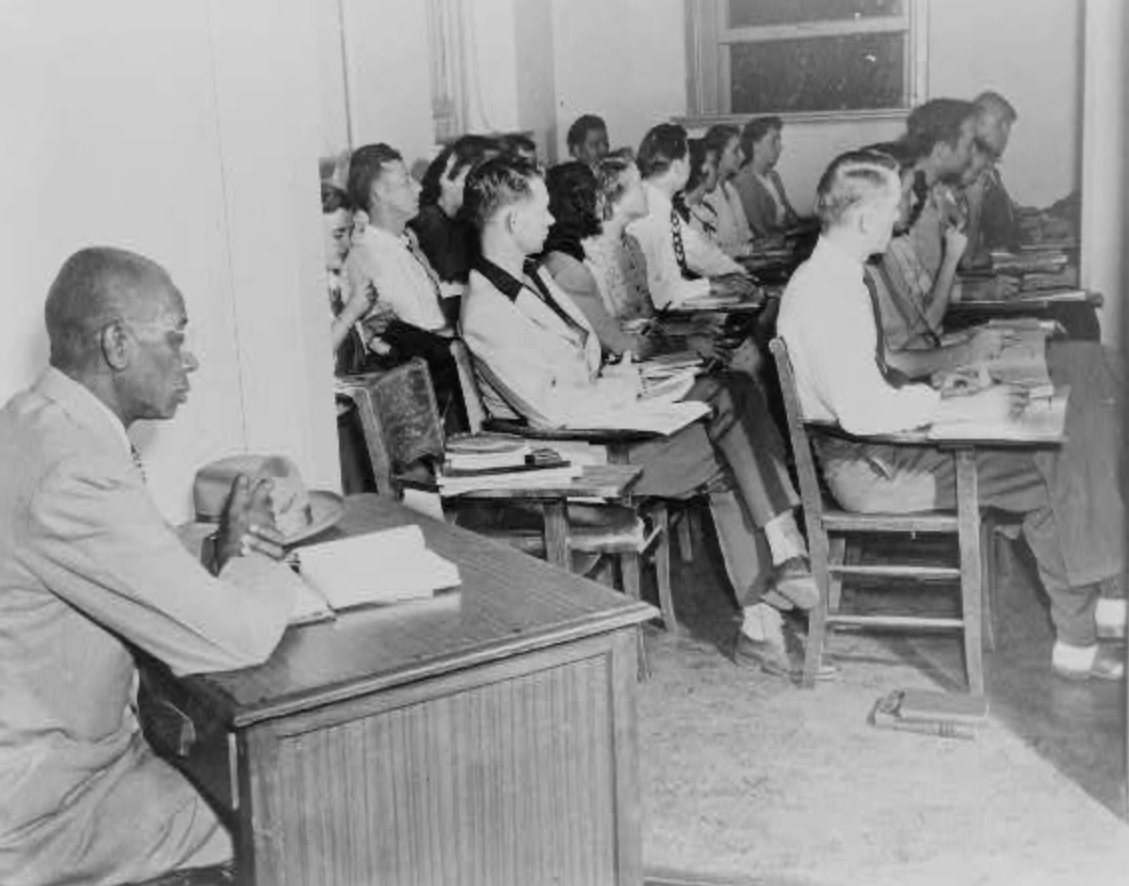1896 - 1954
The Precedents
--:--
--:--
calendar_clockMay 18, 1896 to May 17, 1954
location_onWashington, D.C.
When Thurgood Marshall and his NAACP Legal Defense and Educational Fund set about trying to abolish segregation in public schools, they faced decades-old Supreme Court precedents stacked against them. But they also had cause for hope. Beginning in the 1930s, Marshall and his colleagues won a series of cases before the Court that paved the way for Brown.
The bedrock of the NAACP's arguments was the Fourteenth Amendment to the U.S. Constitution. Ratified in 1868, three years after the Civil War's end, the Fourteenth Amendment fundamentally changed the definition and protections of United States citizenship. Section 1 of the Amendment, made up of just two sentences, contains ideas and rights so powerful they still animate our national debate today.
The bedrock of the NAACP's arguments was the Fourteenth Amendment to the U.S. Constitution. Ratified in 1868, three years after the Civil War's end, the Fourteenth Amendment fundamentally changed the definition and protections of United States citizenship. Section 1 of the Amendment, made up of just two sentences, contains ideas and rights so powerful they still animate our national debate today.
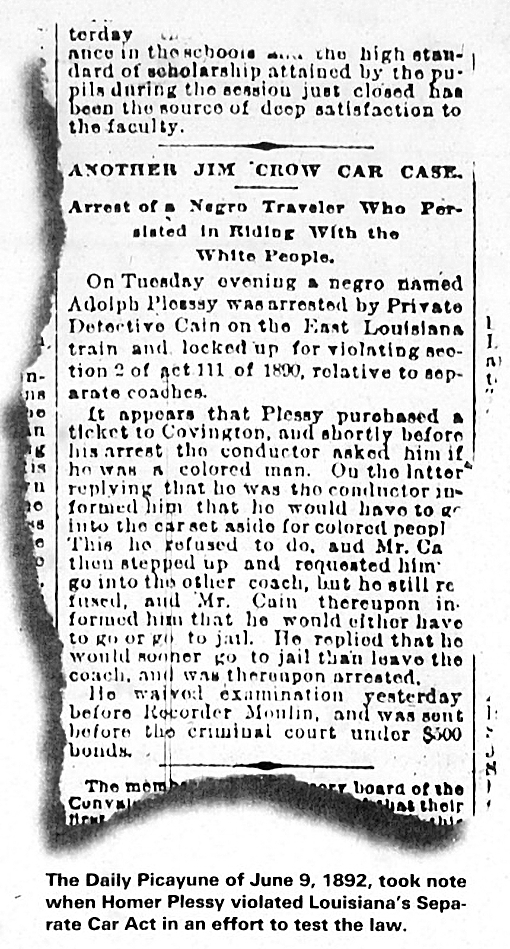
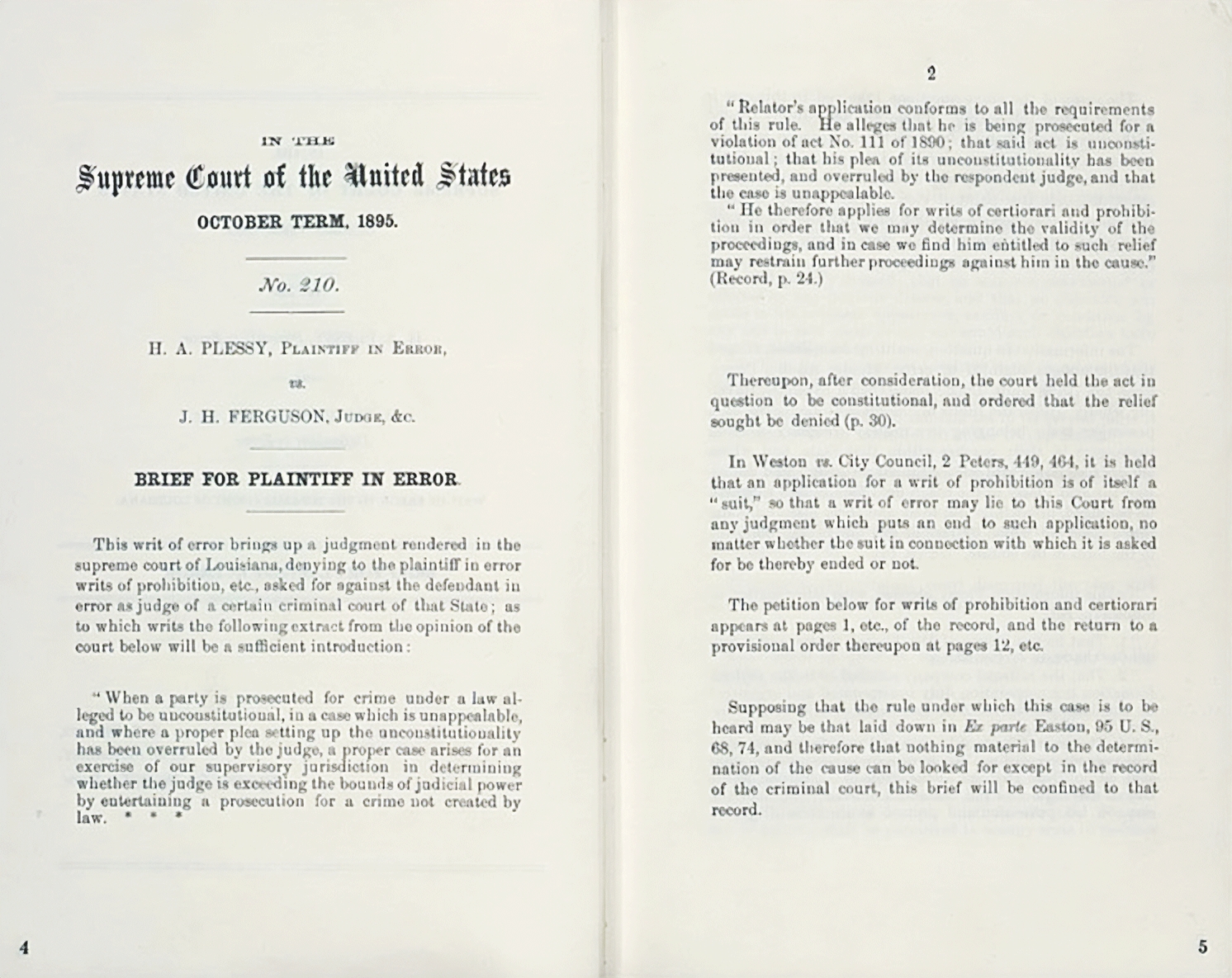
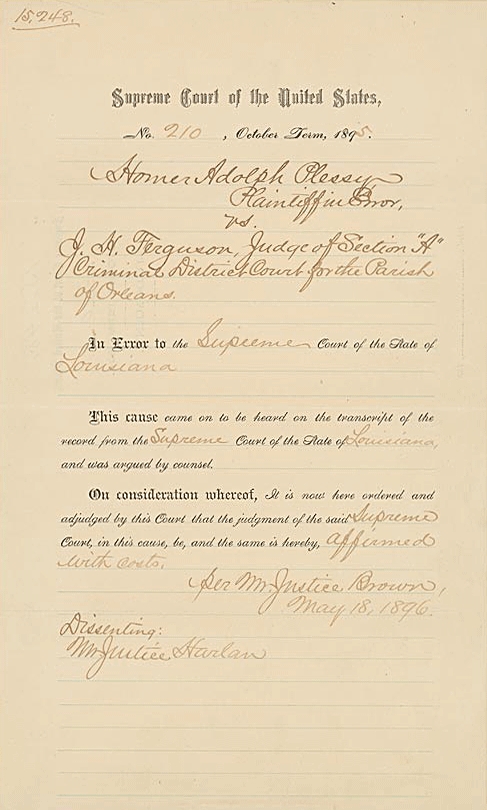
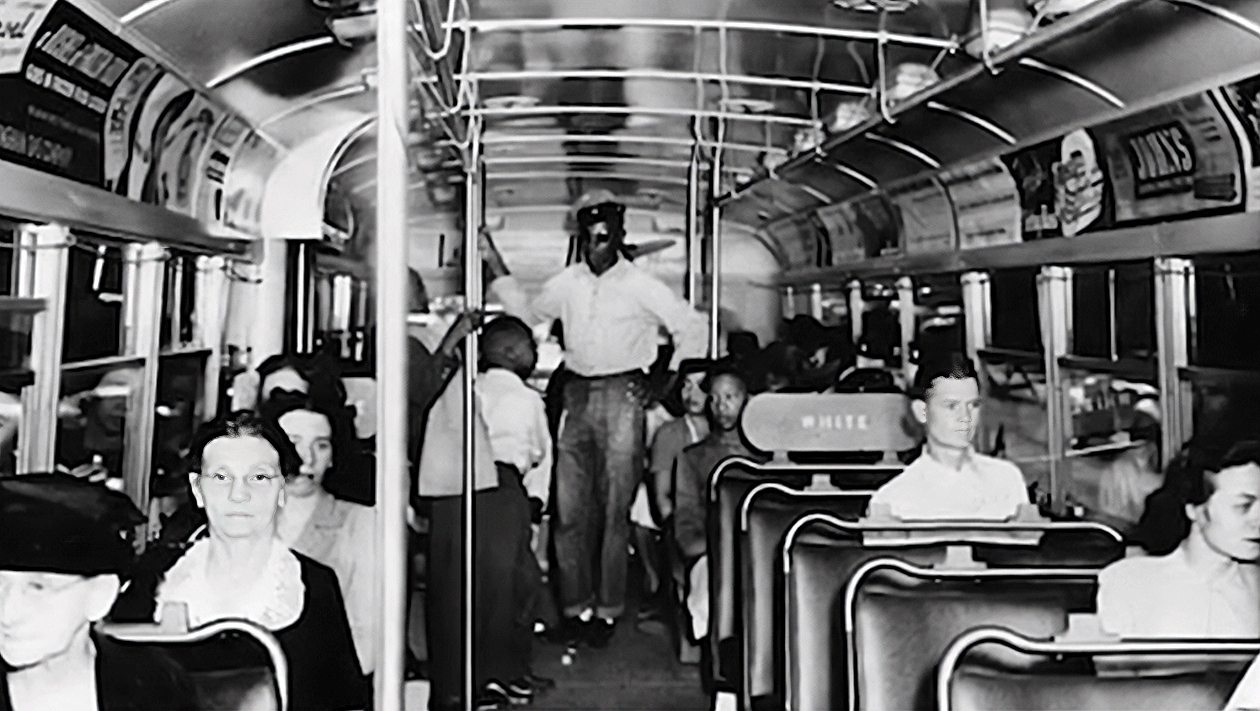
![Afro-American [Baltimore], November 26, 1927, p. 2. Credit: ProQuest Historical Newspapers.](/images/modules/03-05.jpg)
